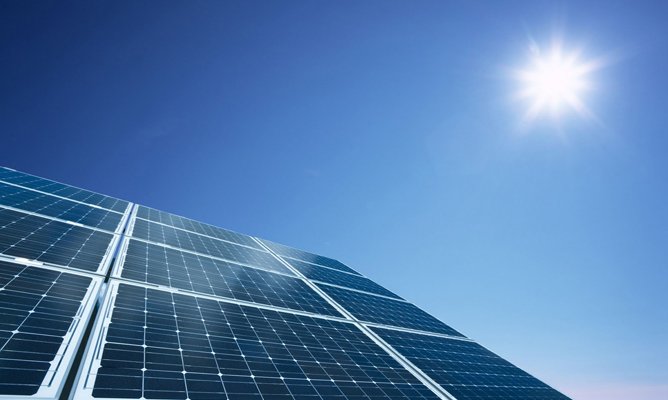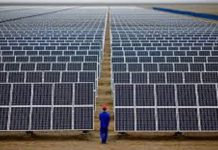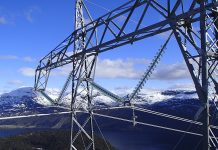Once solar power was a corporate “virtue-signaling” project but with changes in cost and reliability, it is now making a pitch to replace the diesel generators that currently dominate the market. Russell Southwood spoke to John Pfeifer, Founder and CEO, Apollo Solar about why solar is now more compelling for MNOs.
Zimbabwe’s Econet is feeling the heat from the Government’s recent hike in electricity tariffs (see Telecoms News below). It was reported as saying that it needed a cash injection of US$60 million to convert its base stations to solar.
Not every MNO is facing such a stark choice but solar is slowly beginning to move from being a corporate social responsibility “virtue signaling” project to something for more serious business consideration. What’s changed? China’s involvement in manufacturing solar panels has seen costs crash.
Zimbabwe is unusual in having an electricity grid that can supply many of Econet’s base stations. But the more pressing problem is fuel theft from base stations that often can run as high as 20-30% of the diesel supplied. There are now many more solar only base stations than there were 10 years ago, operating with 100% up time and zero fuel issues.
This week Apollo Solar and Solo-nese came to an agreement that will allow the former to use the Solene-ese warehouse and three offices for stocking and supporting Apollo products in West Africa. With this agreement, Apollo Solar has factory trained support staff located in Dakar, Senegal, Conakry, Guinea and Bamako, Mali. The Apollo Solar Pure Solar and Hybrid Energy System cabinets and spare parts will be stocked in Dakar in addition to the existing critical parts stores in Nairobi, Kenya.
Apollo Solar came out of a consulting company run by its founder John Pfeifer in 2002. It was designing electrical products for other companies (and also NASA) and soon got expertise in doing battery chargers. Through this work he developed a charging system for solar panels that got 30% more energy without changing the panels. He saw the obvious market for off-grid, including homes and telco base stations.
His big break in Africa came when Camusat, a tower builder and installer for France Telecom, was given the responsibility for supplying solar powered towers to Orange in rural areas. Apollo Solar was specified as the exclusive supplier of the charge controller:”Camusat field-tested the hell out of it. It set up one in France, one in the Dominican Republic and some in Africa. They proved to be reliable… Experimental sites didn’t cause maintenance problems so it began to say: why not use more?”
“We delivered over 1,000 units to Camusat for Orange and we’re now reaching out to all other MNOs and energy service companies.” Currently the equipment has been deployed at scale in Madagascar, Mali, Morocco, Egypt and Senegal. There are also smaller deployments in Niger, Cote d’Ivoire, Guinea Bissau, Guinea and Kenya. Altogether 1,000 units have been installed since 2012:”None have been sent back. It is built to NASA quality standards.”
A key part of the low maintenance of the units is having redundant charge controllers and allowing different units to be operated independently of each other. Also all of the units are remotely monitored in real-time.
Diesel generators come with five cost and operating disadvantages:
The cost of diesel fuel is significant, and the cost of delivery to remote sites make diesel fuel more than 50% of the total operating expense for every remote tower.
The poor reliability of diesel generators is such that two generators must be installed at each tower to approach the continuous energy requirement.
The generators require that oil and filters be changed every 250 hours, which means a visit to the remote sites every 10 days. The entire generator is typically replaced or rebuilt every 18 to 24 months.
Carbon dioxide and the other greenhouse gases created with the burning of diesel fuel for electricity at telecom towers are now understood to represent a significant part of the cause of climate change.
Diesel fuel often gets stolen at multiple points in the supply chain. Theft was been estimated as high as 30% by many tower companies. Significant expense and effort to curtail theft have not stopped the problem.
The cost of a unit per tower is US$7,500 including a sealed cabinet and all the electrics but excluding solar panels:”Its competitor is the diesel generator and that’s what we’re trying to replace. It will pay for itself within a year.” Currently he has a number of MNOs who are doing field site tests and feels confident that many of these will convert into a pipeline of new orders.





